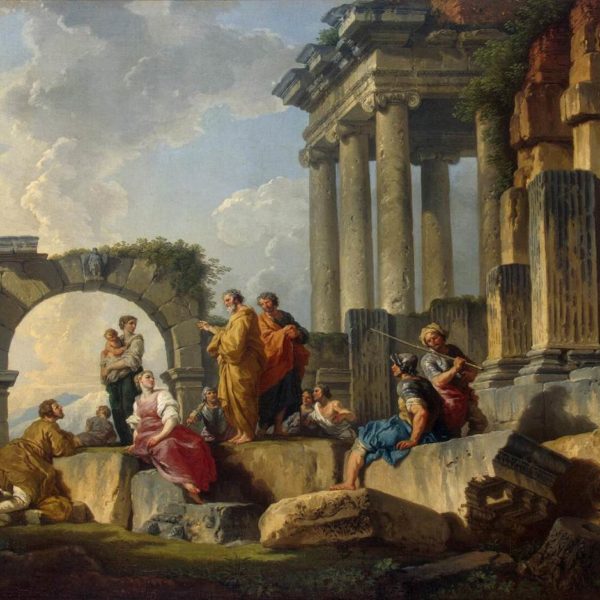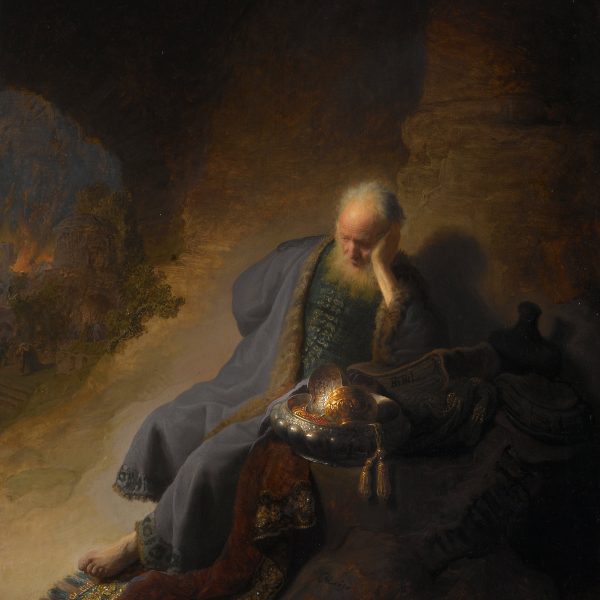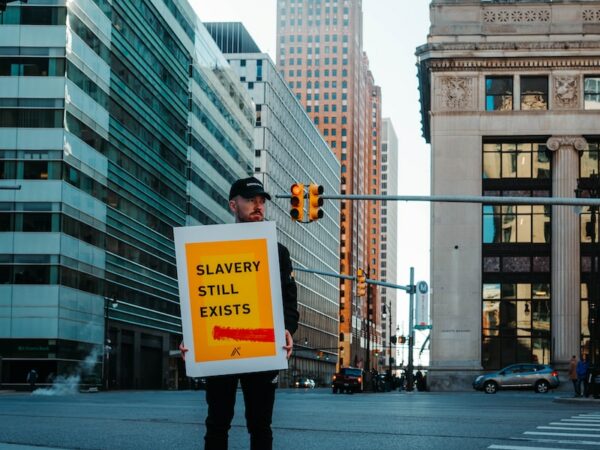…Franklin, TN where they attend the Lutheran Church of Saint Andrew. This article is part of the series, the Politics of Scripture. While the focus of the series is on…
By The Editors

…and including violence. Our love politics is, in other words, sick; what we have on our hands is a lovesick politics. And it comes in three liberal strains. Lovesickness on…
By Sarah Pessin

…My Love. But Kristeva links those explicit discussions of religion with psychoanalysis, not politics. How might we understand the relationship between psychoanalysis, religion, and politics in her thought? Since the…
By Emma Brodeur








